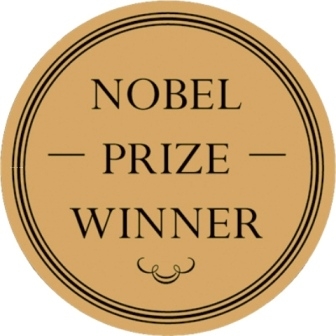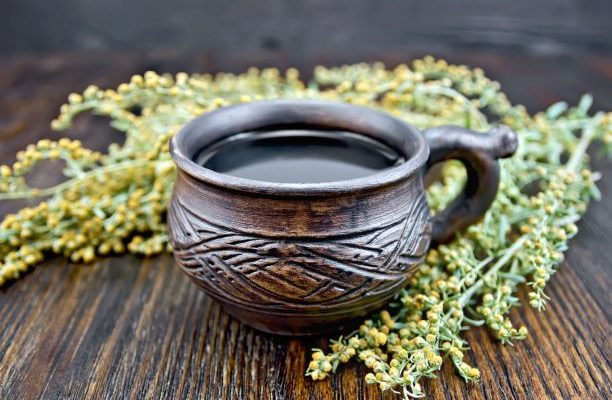Re-published June 2023 because it seems malaria is now a problem in the U.S. as well. Enjoy.
_____________________
Congratulations go out to Professor Tu for her 1972 discovery in processing the Chinese herb Artemisia (Qing Hao) now recognized with a Nobel Prize in Medicine.
 Her work at the Academy of Traditional Chinese Medicine in Beijing, China has saved thousands from malaria deaths in the last forty plus years.
Her work at the Academy of Traditional Chinese Medicine in Beijing, China has saved thousands from malaria deaths in the last forty plus years.
Before Professor Tu studied an ancient Chinese text regarding the cooking of the root artemisia, the herb was not successful at curing malaria patients. Maybe she read about the prominent physician and alchemist named Ge Hong (284-364 CE) who wrote a formulary called Zhou Hou Bei Zhi Fang (Prescriptions within Arm”s Reach for Use in Emergencies). Many of the formulas in that book are still in use today. He was the first to mention qing hao, (Artemisia Annua) as a treatment for malaria. Professor Tu’s cooking discovery led to chemical constituents in artemisia to be viable and produce a therapeutic effect against deadly malaria. Quercetin has since been identified as the most therapeutic constituent but there are over 30 chemical constituents in the roots of artemisia. (See below)
Continue reading “The Chinese Herb For Malaria and Nobel Prize Winner”


